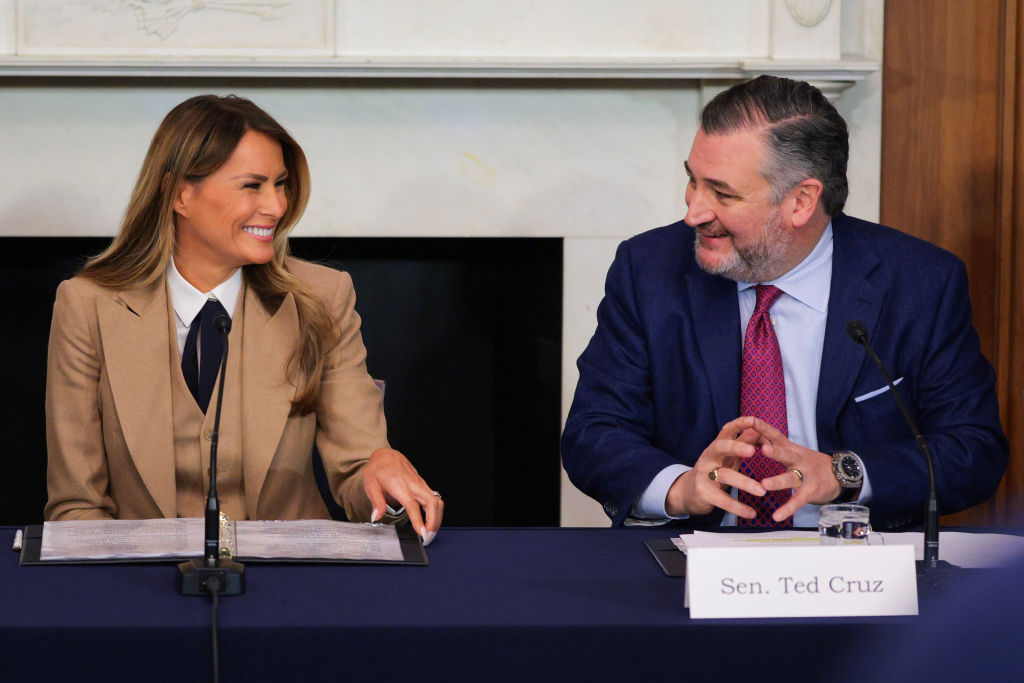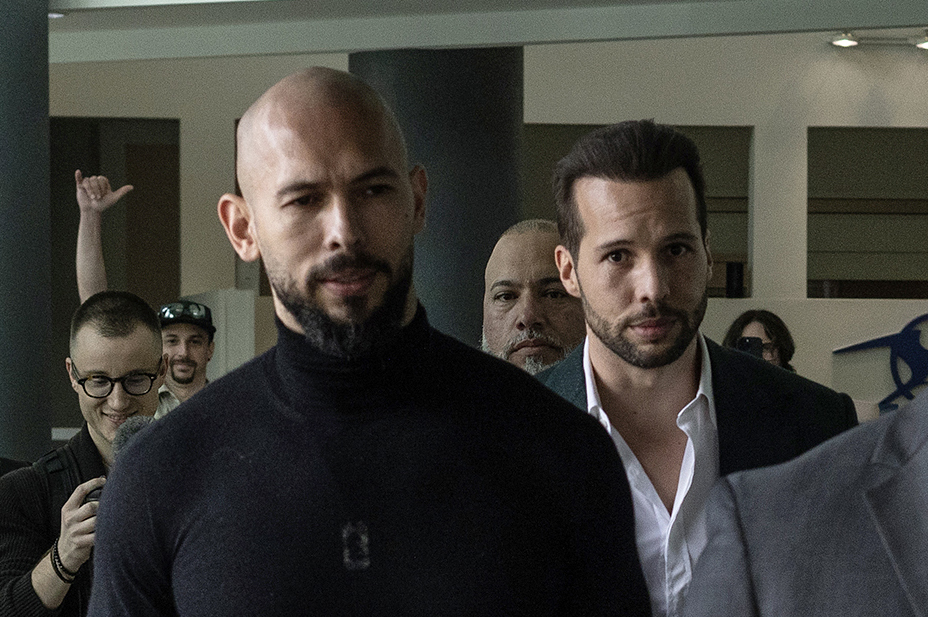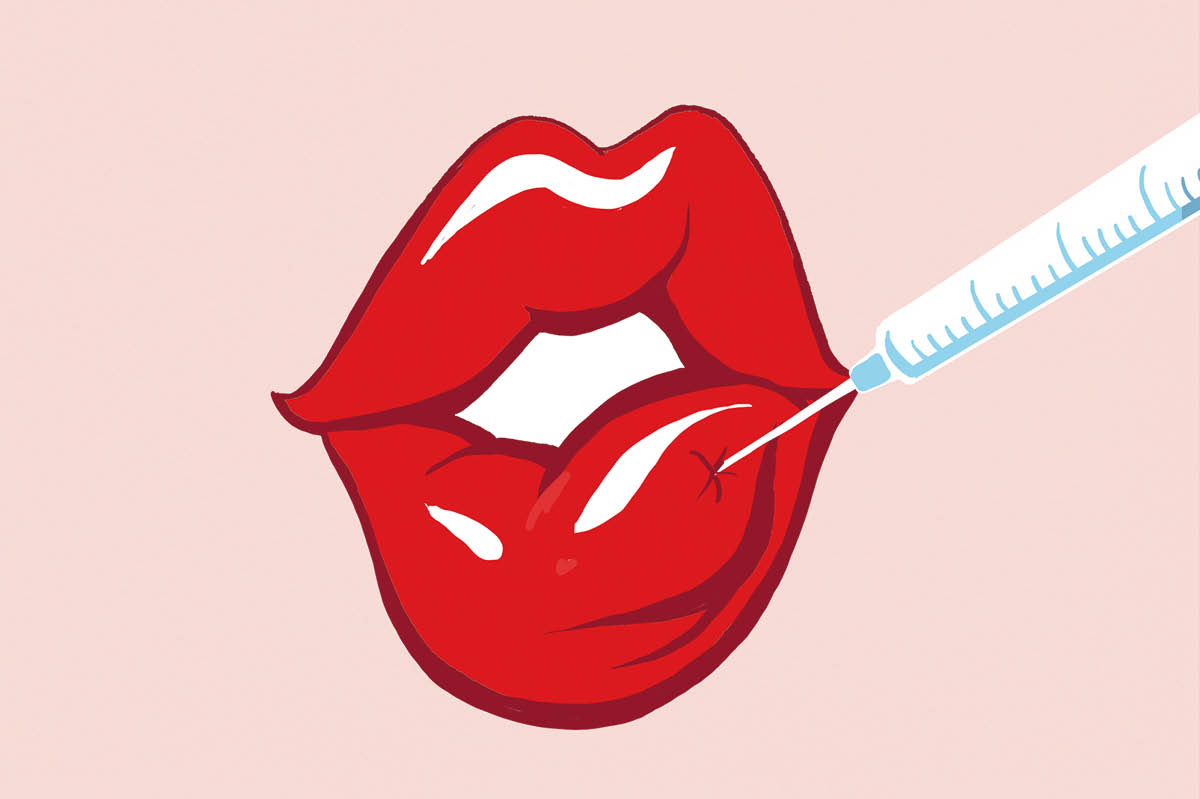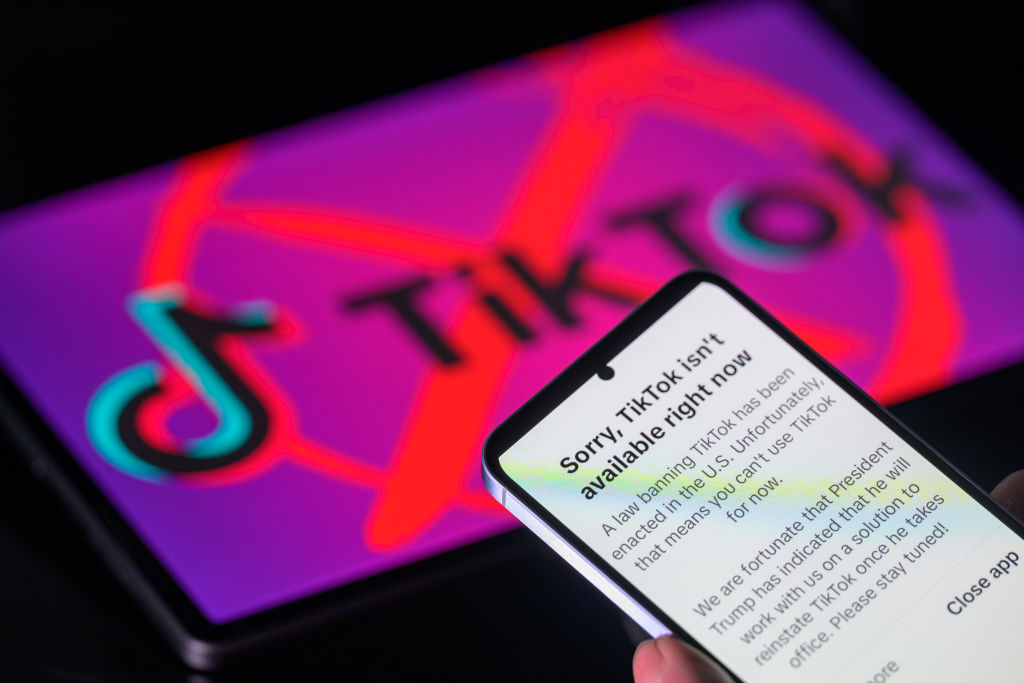As I was on FaceTime with Caroline Calloway, the Washington Post published a review of her memoir, Scammer, alongside one of a book written by her archnemesis, ex-best friend and former love interest, Natalie Beach. From her squealing — and the way her phone was blowing up with calls from friends who’d read the piece — I could make an educated guess about its contents. “Beach is a talented essayist with a promising career ahead of her. Calloway is a lunatic who has already written a masterpiece,” Calloway read, with an emphasis on “lunatic” and a twinkle in her eye. “At one point they call Natalie quote unquote, good enough. And honestly, that is so brutal in its own fucking way,” she told me.
The Post was right. I’m not sure what it is about Scammer that makes it so unputdownable. I’m no book critic so I won’t pretend to sound like I know what I’m talking about. But though I haven’t finished a book in one sitting for years (thanks, TikTok brain), I gobbled up all 206 pages as fast as I could get my eyes and brain to work in unison. On the first page alone Calloway tells you that she’s never had an orgasm and believes that she is “clitorally deformed.” Then you learn that her father killed himself; she says that one day she will too. She was raped; she spent years hooked on Adderall; she lied on her application to Cambridge and she has been, throughout her life, devastatingly lonely. But every admission arrives amid such turbulence that you simply don’t have time to dwell on it. On to the next.
A decade ago, Caroline Calloway was all the rage, an Instagram celebrity with actual writing talent, a pretty face and a promising future. In 2013, after succeeding on her third application, she attended St. Edmund’s College, Cambridge. She’d been rejected by Harvard and Yale, and spent years trying to scramble her way into the top tier of higher education. Why does she now admit having lied on her application to study history of art by forging her qualifications? “Aren’t you scared that they will revoke your degree?” I ask her. “I mean, let’s face it,” she responds. “I’ve never had a CV. I went straight from Cambridge to being full-time Caroline Calloway. I’ve never in my fucking life put together a résumé. And if all goes well, I never will.”
It was at Cambridge that Calloway’s writing career began. Sort of. With long, poetic Instagram captions. Calloway became a big early influencer, a doe-eyed ingénue with the aesthetic of a European royal. Champagne, punts and college dances, the American girl transformed abroad. Soon, those Cambridge captions brought her a contract for $500,000, to transform her ’gram captions into a book, School Girl. She was going to be a star! If she wrote it. But she didn’t. Why she didn’t depends on whom you ask.
Calloway has previously said that she took an “intentional stand against the patriarchy and a publishing industry that insisted her life story be defined by the men she dated.” If you ask Natalie Beach, who insists that she was there, cowriting the captions and book proposal, Caroline was simply unable to do it, and when Beach tried to coax it out of her, “Caroline looked like she was in pain.” In 2019, in an instantly notorious essay for the Cut, Beach wrote, “I bought us time with the publishers by writing a quarter of the manuscript by myself, but Caroline hated it so much that she threatened suicide if I wrote any more.” Caroline has denied that this was the case.
Whoever you choose to believe, the book wasn’t written. And after Beach’s version of the arrangement hit the news, the world decided Caroline Calloway was a fraud, a fake. A scammer who was obliged to pay back her $100,000 advance. Calloway was flattened by this and she didn’t much help herself. After the whole book debacle was brushed aside, Calloway decided to try to rebuild her reputation by offering “creativity workshops” to her followers for $165 a pop. This did nothing but solidify her status as a “grifter,” especially when she forgot to book venues. She promised elaborate favors like “Mason jar gardens.” After 1,200 jars were delivered to her tiny apartment in the West Village, she had nowhere to put them. When I ask about the workshops, and if she ever had any intention to deliver what she promised, she warns me that she’ll sound deeply unlikable when she starts her explanatory rant. Do go on…
“I understand that the likable thing to do is say, ‘I fucked up.’ But I didn’t. I made a chaotic and disorganized event for a niche demographic where all the goody bags were filled with inside jokes. It was planned over Instagram Stories because it was during my Adderall addiction recovery and then some fucking Reddit stalker from fucking Dundee, Scotland, stitched together screenshots from all of my Instagram Stories where I promised certain things that eventually did not make it into the event. But over weeks, I had announced how it was changing, how different the event would be, but there was no proof.” She points out that her eye is twitching. “You can see the crazy start to come into my eye, where I feel so deeply wronged by this? Full refunds were offered to those who wanted them. People actually sent me back their money because they had so much fun.”
I am watching Caroline in her apartment in Sarasota, Florida. She is also watching me. She laughs when I vape on camera; she notices the wine I am — I thought sneakily — sipping. She is sipping some too. At one point, I glance at an incoming text and she comments that my eyes have glazed over. Most interviewees are concerned about themselves, entirely focused on how they are coming across and meticulously planning out what they are going to say next. Caroline is different and that is part of her ability to sell her charm.
For the first time, I understand how Natalie Beach became so seduced by her. Previously, when I read Beach’s tell-all in the Cut, about how badly she was treated and how used she felt, I thought “how naive she is — how jealous of Caroline.” At one point Beach wrote: “If I were more like Caroline, I thought, more beautiful and fun, if I radiated girlishness, then men would view me as someone worthy of care. I would have my own midnight adventures with Italian gentlemen, my life so enviable that my only job would be living it to its fullest. Instead, that morning… I was cleaning an apartment I’d never live in, belonging to a girl I could never be.” But now that I understand the Caroline phenomenon more, I can see how Beach fell hook, line and sinker.
Caroline’s heyday was something of a scammer era. There was Anna Delvey, the fake German heiress who slipped into New York high society and stole millions of dollars. After her came Billy McFarland and his disastrous Fyre Festival — a 2017 music festival that was canceled during its opening weekend, leaving attendees stranded and starving on a remote island in the Bahamas. But Caroline is slightly different. Importantly, she was never charged with a crime, let alone convicted; she paid her book advance back thanks to one of the delicious ironies the internet offers: on OnlyFans, she sold photos of herself undressed as literary heroines — Daisy Buchanan, Juliet Capulet, Arwen… but topless. The money that comes from Scammer, Caroline tells me, will be used to pay what’s left of a debt to her New York landlord. It’s a good job Scammer is shaping up to be a bestseller, she tells me.
So what’s next for Caroline Calloway? Solitude. She says her exile to Florida is intentional. “It’s so isolated, but that’s the point. I moved here to not go to any parties, not see any friends. There’s no one here I really take seriously as a dating option. So there’s just no distractions. It’s just me and my cat.” She also has nine more “day books” planned — books, she says, that can be read in a single sitting. “I’m working on the Instagram trilogy, of which Scammer is just one book. The next book is going to be called The Cambridge Captions. And the last book will be I Am Caroline Calloway. After that I’ll have closed the chapter in my mind personally. I mean, I know people will still talk about it and gossip has a lifespan that is out of my control, but artistically, I think I really will have finished looking at my life through this lens and personally healing from Natalie’s betrayal.”
When I mentioned some of the wilder stories from Scammer to my friends, I was asked, several times, “Is any of it even true?” Honestly I don’t know. I can’t help but think that maybe all this chaos and heartbreak and destruction was, in some ways, meticulously planned. Normal people want to avoid bad things; they don’t enjoy infamy and scandal — at least not their own. But to a memoirist, and a romantic one at that, no entertaining book is complete without darkness. It doesn’t really matter if it’s true; it only needs to be entertaining — and in that respect, Caroline Calloway is a master.
This article was originally published in The Spectator’s August 2023 World edition.

























